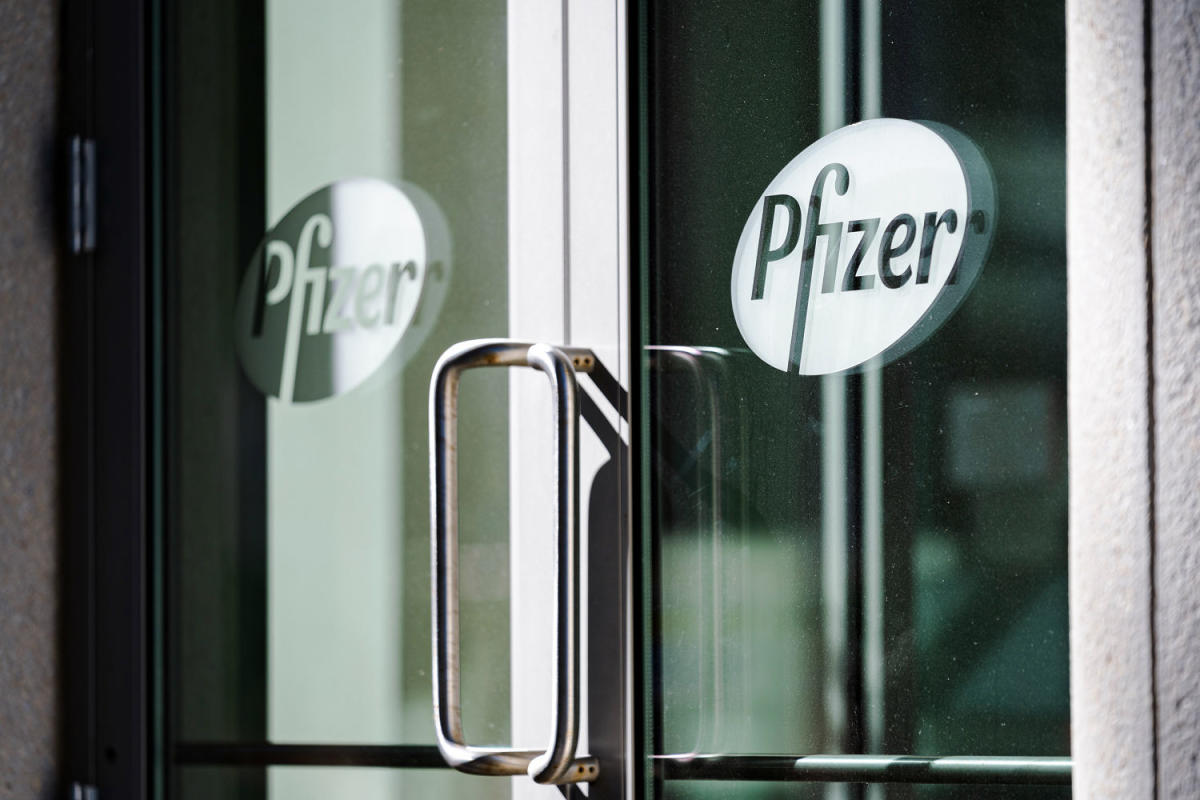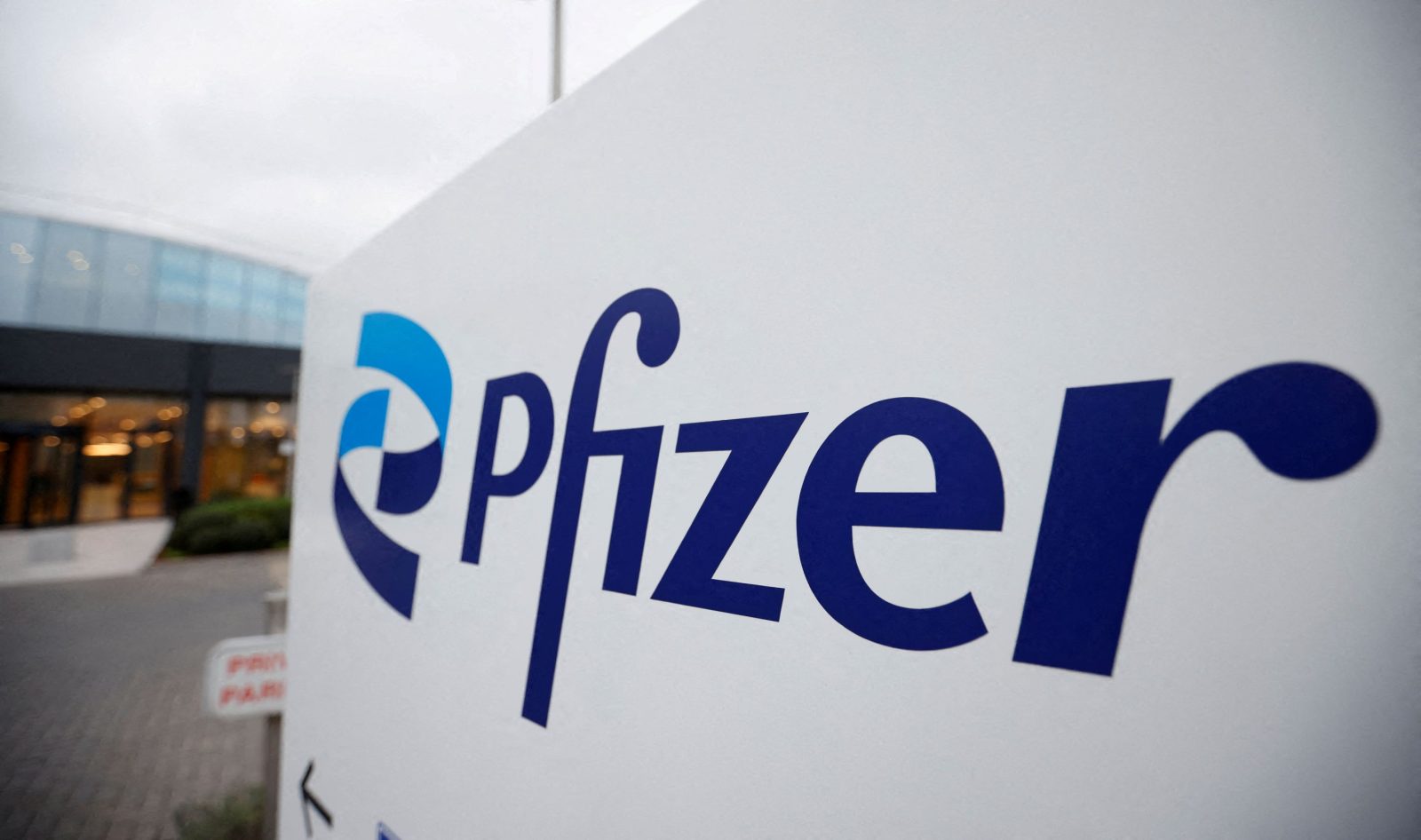The Food and Drug Administration (FDA) revealed on Friday its approval of Pfizer’s treatment for a rare genetic bleeding disorder, marking the pharmaceutical giant’s inaugural gene therapy clearance in the U.S.
The FDA sanctioned the drug, to be known as Beqvez, for adults grappling with moderate to severe hemophilia B, provided they meet specified criteria.
Pfizer informed that the treatment would be accessible via prescription to eligible patients within this quarter. The hefty price tag of $3.5 million before insurance and rebates places it among the nation’s priciest drugs.
According to an advocacy group, more than 7,000 Americans grapple with this debilitating condition, primarily affecting males. Hemophilia B results from inadequate levels of a crucial clotting protein, factor IX, essential for stemming bleeding and sealing wounds.

Insufficient factor IX leads to heightened bruising, increased bleeding frequency, and prolonged bleeding episodes.
Beqvez, a one-time therapy, aims to enable patients to self-produce factor IX, thereby curbing and managing bleeding. Late-stage trials demonstrated its superiority over the conventional treatment regimen for hemophilia B, which necessitates administering the protein intravenously multiple times weekly or monthly.
In a Pfizer statement on Friday, Adam Cuker, Director of Penn Medicine’s Comprehensive and Hemophilia Thrombosis Program, highlighted the challenges faced by individuals with hemophilia B and the potential of Pfizer’s drug to alleviate their burdens over the long haul.
This FDA nod is pivotal for Pfizer’s trajectory, especially in light of the sharp decline in its Covid-related business last year. Pfizer is pinning its hopes on oncology drugs and therapies targeting various disease domains to steer its resurgence.
Pfizer is among the frontrunners investing in the rapidly expanding domain of gene and cell therapies, transformative treatments targeting the genetic root or cellular level of diseases. Some experts anticipate these therapies supplanting traditional lifelong treatments for managing chronic ailments.

Pfizer secured rights to manufacture and market Beqvez from Spark Therapeutics in 2014. The company has devised a warranty program for payers covering Beqvez recipients, aiming to safeguard against efficacy failures.
Beqvez will vie with CSL Behring’s Hemgenix, an Australia-based entity, which obtained FDA approval for hemophilia B treatment in 2022. Hemgenix shares a similar $3.5 million list price in the U.S. before insurance and rebates.
High costs, logistical challenges, and other factors have reportedly hampered the adoption of Hemgenix and another FDA-approved gene therapy for the more prevalent hemophilia A.
Pfizer is also pursuing FDA clearance for its experimental antibody, marstacimab, targeting hemophilia A and B, besides developing a gene therapy for Duchenne muscular dystrophy, a condition characterized by progressive muscle weakening.







Leave a Reply